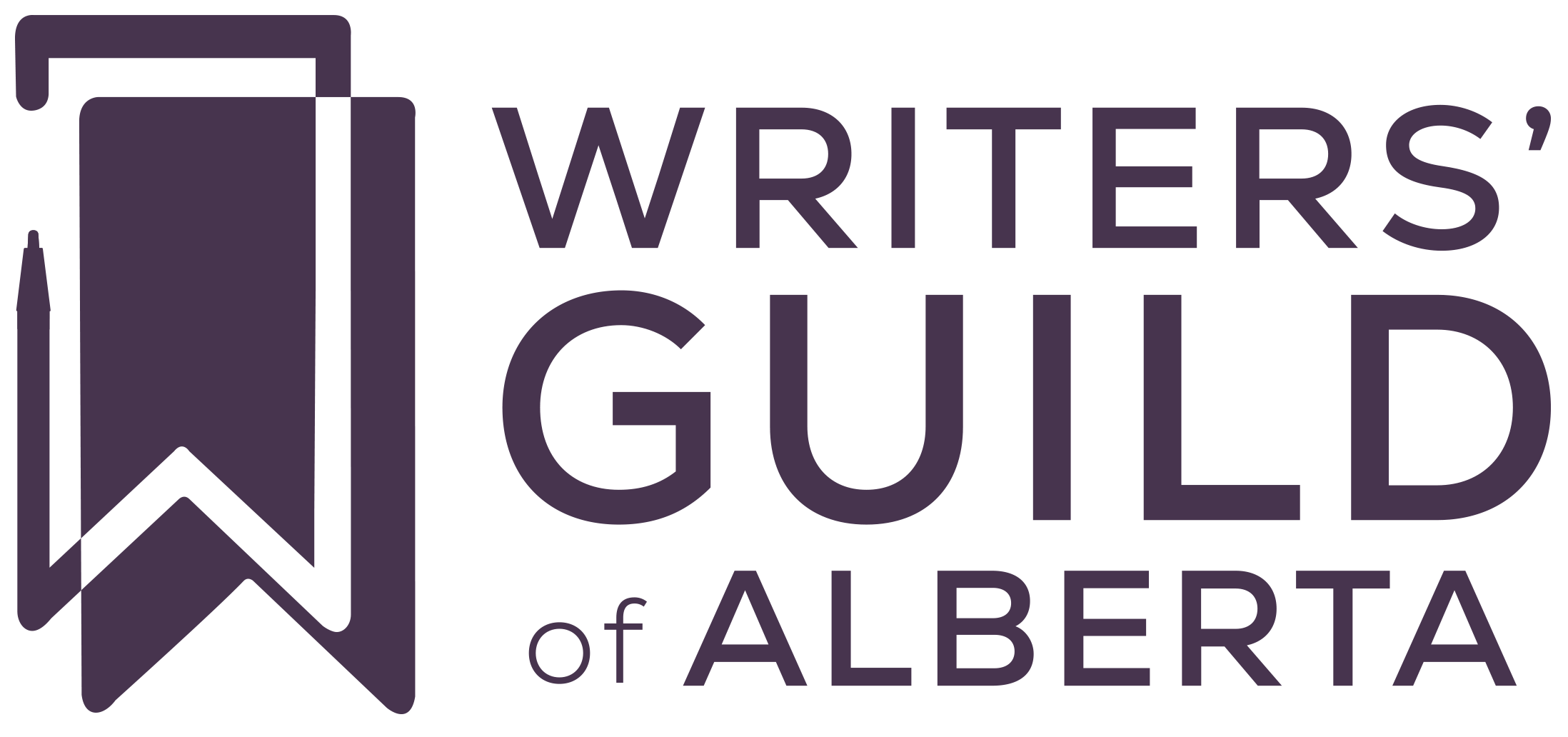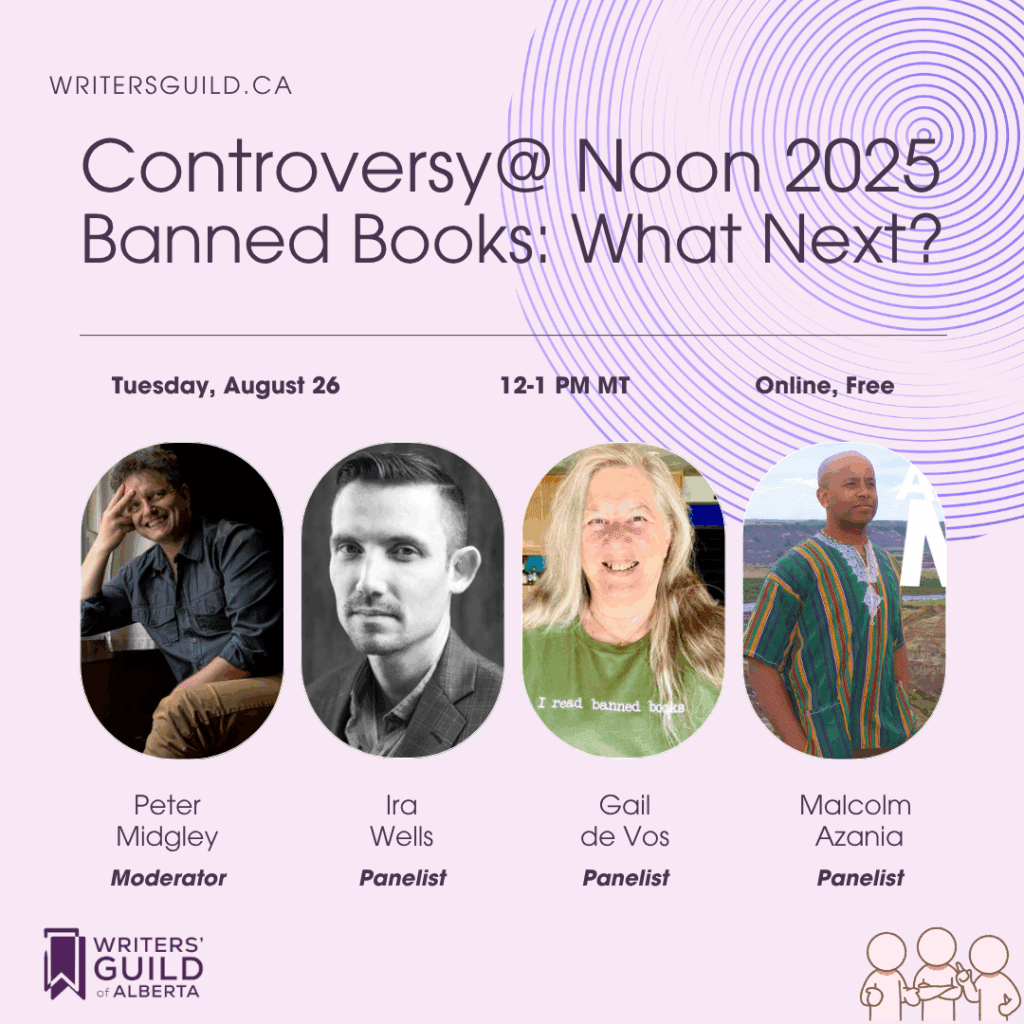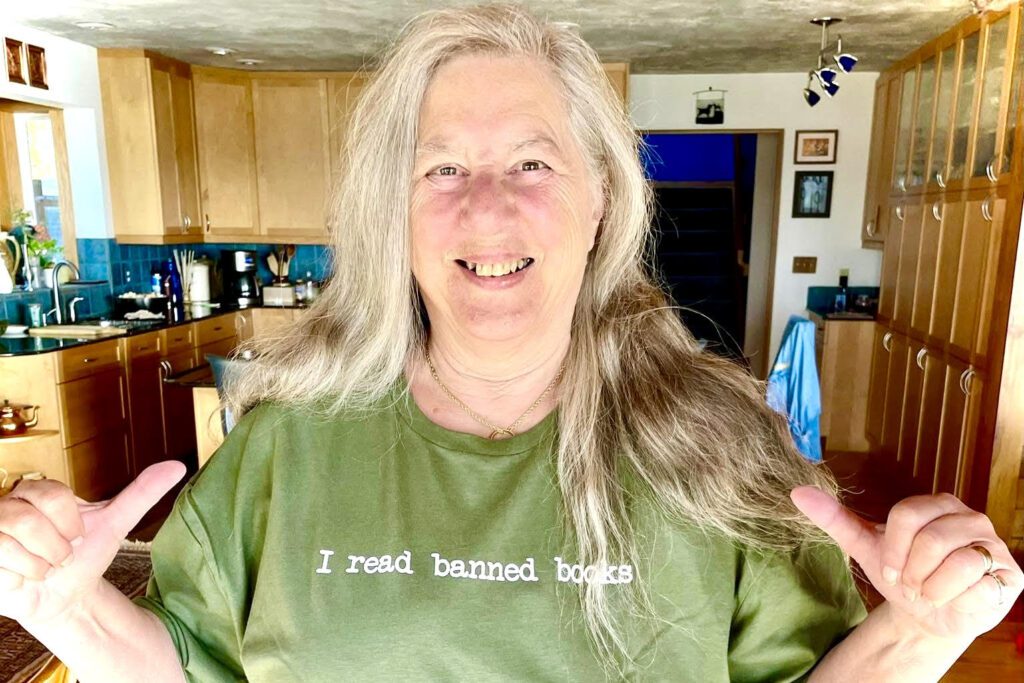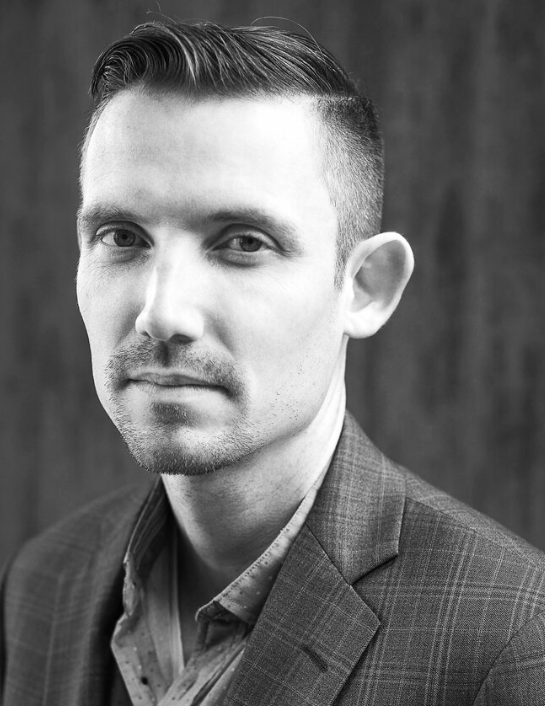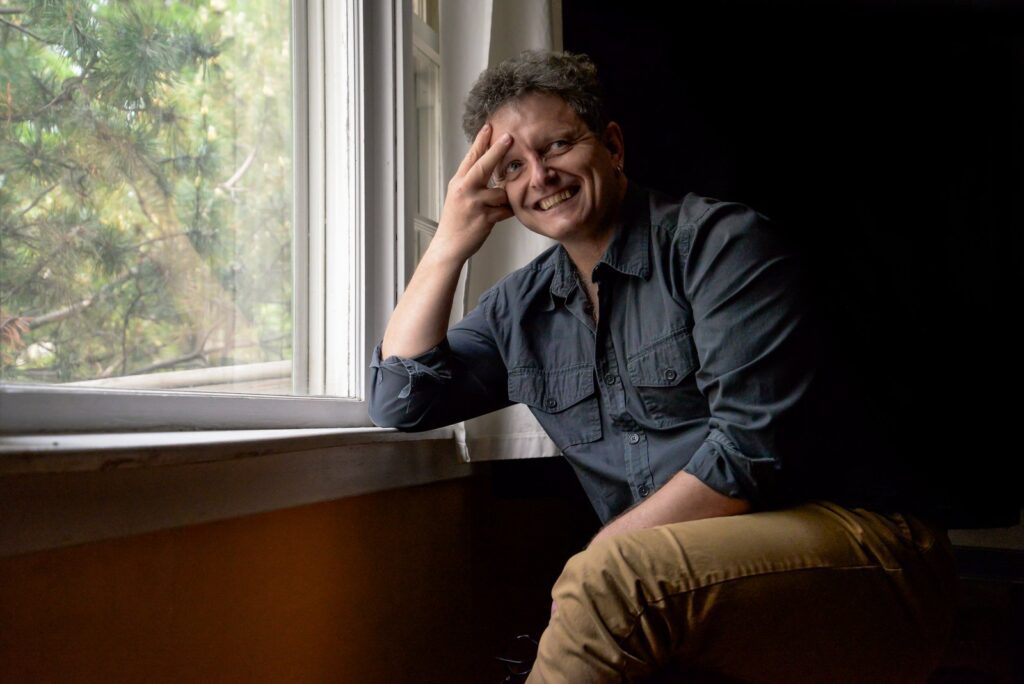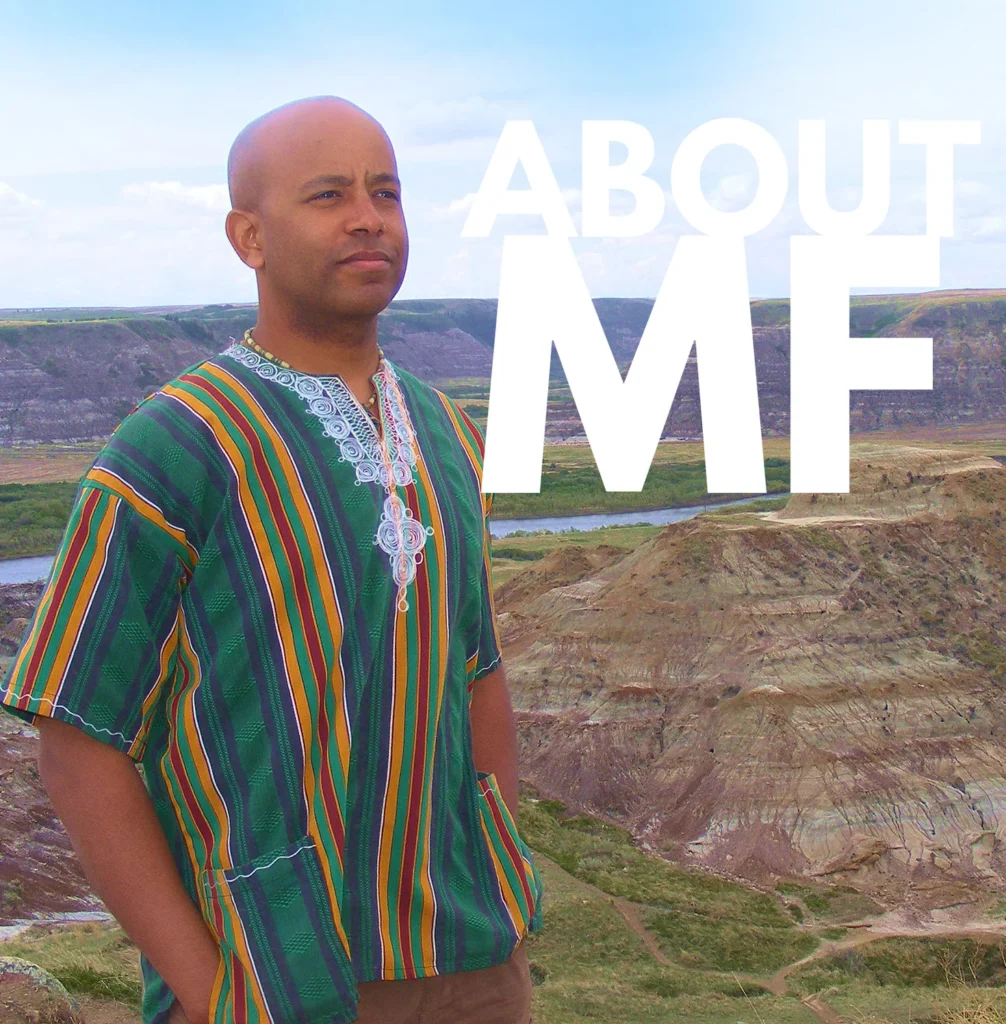Tuesday, August 26, 2025
12pm – 1pm MT
Online
Free (Registration Required)
Book banning across the country continues to concern the Canadian literary community, especially in Alberta where certain books are slated to be pulled from school shelves this Fall. What do these types of bans mean for writers and for readers, now and in the coming months? Years? What calls to action might help prevent the banning of books in the future? Join our panelists and experts as they explore the ramifications of banned books and more this August.
Click here to register.
The Panelists
Gail de Vos
Storyteller, author, librarian and educator, Gail de Vos has been an active promoter of the oral tradition of literature in Alberta for over three decades. Gail teaches courses on storytelling as well as courses on Canadian Children’s Literature, Indigenous Literature for Young Readers, Comic Books and Graphic Novels at the University of Alberta in the Faculty of Library and Information Studies. Gail is the author of ten award winning resource books on storytelling and folklore in popular culture intended for educators working with students in Grade 6 and above as well as numerous guest chapters on comic books and graphic novels, storytelling, monsters, and folklore in popular culture for academic monographs. While her specialty is telling contemporary legends to young and not so young adults, she is equally at ease telling stories to young audiences. She is an active champion for intellectual freedom in her storytelling, writing, course material, and on social media.
Ira Wells
Ira Wells is a writer and associate professor of literature at Victoria College in the University of Toronto, and the President of PEN Canada. His writing has appeared in The Atlantic, Globe and Mail, Guardian, The New Republic, and many other venues. His most recent book is On Book Banning. He lives in Toronto with his wife and children.
You can find him at Unacknowledged Legislation on Substack.
Peter Midgley
Peter Midgley is the author of several books of poetry, children’s literature, non-fiction, and plays. He has received national and international recognition as a writer and editor. His latest book, let us not think of them as barbarians, is an elegy for Namibia, the country of his birth, and a meditation on the multiple legacies of colonialism. His scholarship includes investigations into the relationship between writing, publishing and ideology, and he has spoken internationally on the subjects of censorship and writing as resistance.
Malcolm Azania
Malcolm Azania (Minister Faust) is an award-winning novelist, award-winning print journalist, radio host-producer, television host and associate producer, sketch comedy writer, video game writer, playwright, and poet. He has spoken and taught workshops widely.
